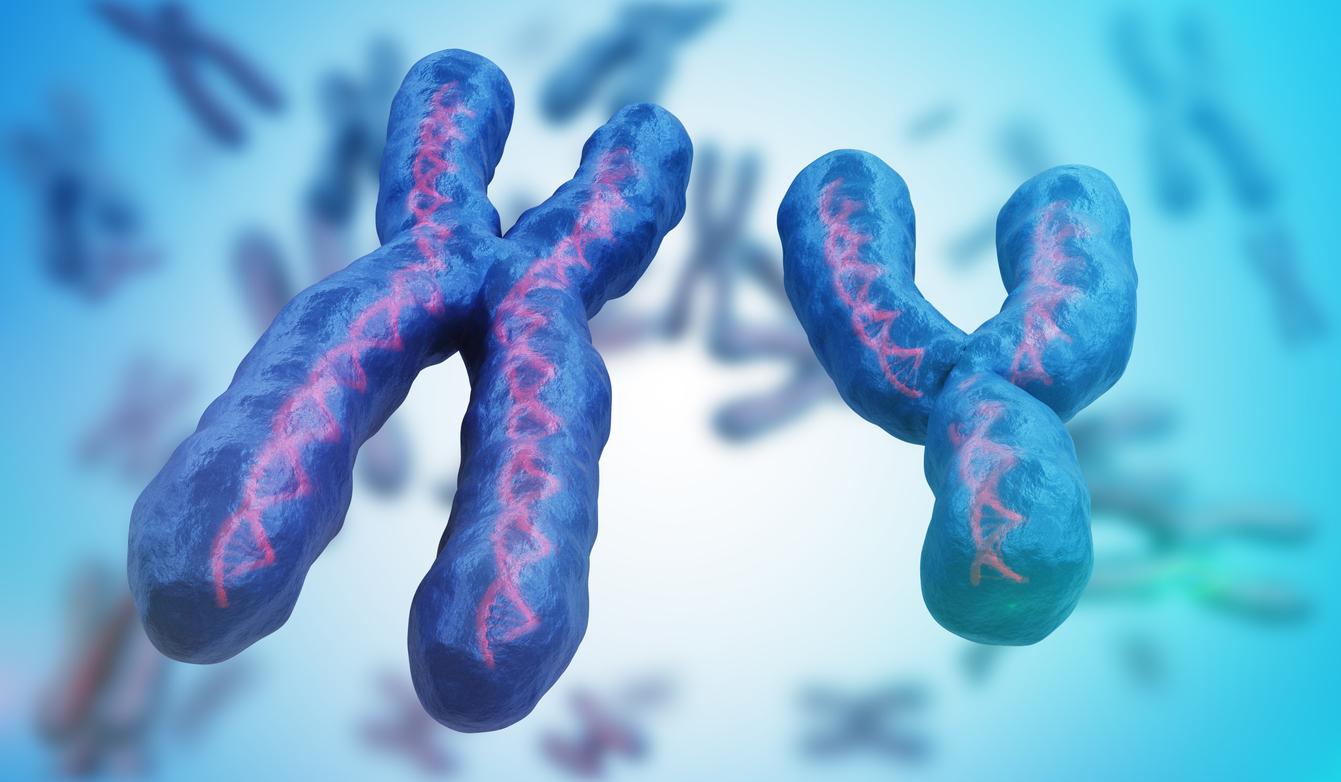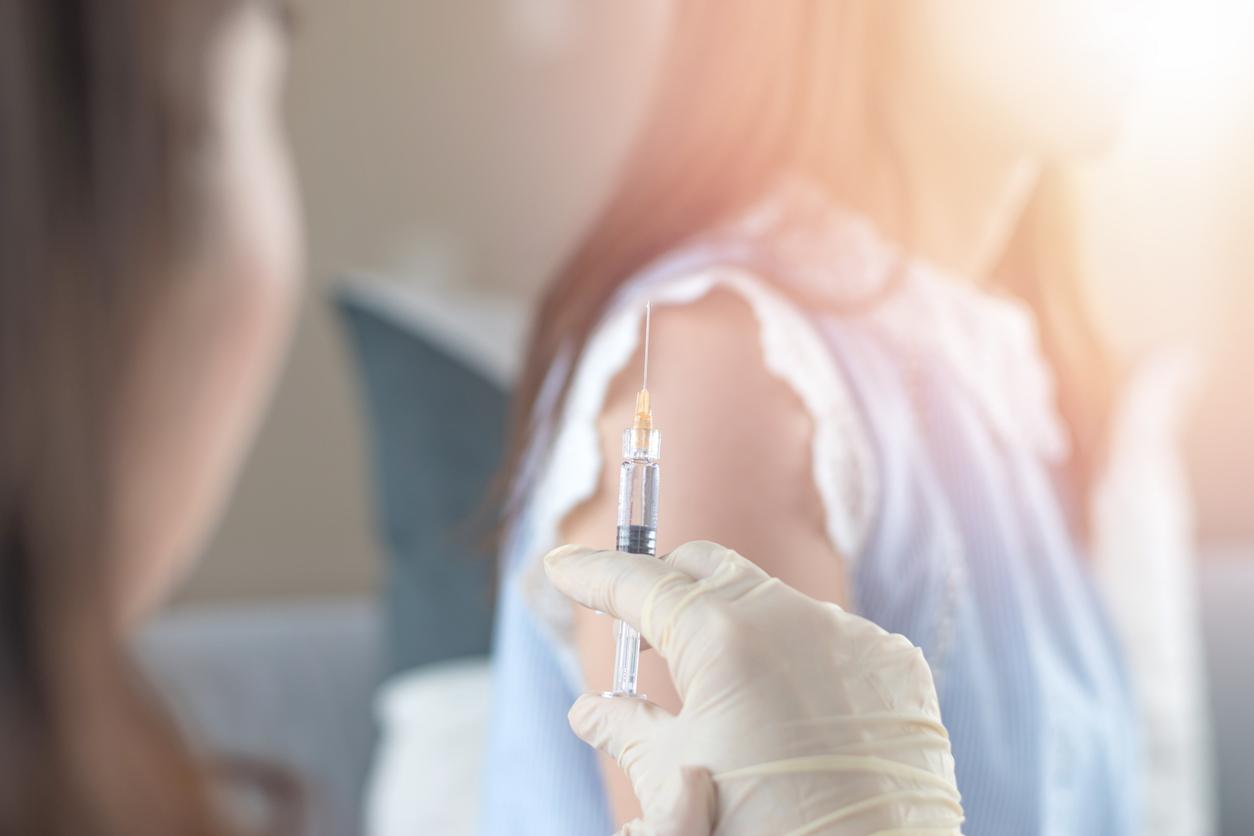Researcher Andreas Frick received the Marcel Dassault Prize on Tuesday December 3 for his research aimed at identifying an objective marker for measuring sensory alterations in autism spectrum disorders (ASD).

Around one in every hundred births is affected by Autism Spectrum Disorder (ASD) worldwide. This disease is traditionally characterized by a communication disorder, difficulties in having social interactions and behavioral abnormalities. Since 2013, sensory alterations have also been part of the official definition criteria for ASD. Studies also suggest that they could strongly influence the other symptoms of autism. Thus, better understanding the circuits involved in these alterations could help improve the quality of life of patients. This is why, on Tuesday December 3, Dr. Andreas Frick, research director at Neurocentre Magendie in Bordeaux, received the Marcel Dassault prize (€300,000) for his research aimed at identifying an objective marker for measuring sensory alterations in ASD. The ultimate goal is to complete the current psychological and behavioral assessments and to be able to quantify the success of a therapeutic intervention.
“Almost all people with autism have sensory domains in which they are oversensitive — sound, touch, light — and others in which they are undersensitive, such as pain and temperature. These sensory disorders are very frequent, disabling, painful, and add a social handicap since autistic people cannot stand being touched or will be extremely embarrassed in an environment where there will be too much noise and too much light. All of this is therefore a very important factor in terms of the consequences of this pathology”, explains Why Doctor Marion Leboyerprofessor of psychiatry at the University of Paris Est Créteil, head of the DMU Impact at the APHP at the Henri Mondor hospital group and director of the Foundation FondaMental who supports the researcher.
Foundation for scientific cooperation created by the State in 2007, FondaMental has given itself four missions. “First of all, it’s about innovating in the field of skincare. For this, we have created 42 expert centers in France, including a network for people with autism. These centers are there to serve as diagnostic platforms and set up research projects. Secondly, we try to support research and it is in this context that we organized this prize and that we obtained, for eight years, the support of the Dassault group. We have little money to do research in psychiatry. We are therefore trying to find ways to stimulate it. We also try to provide training and, finally, to communicate on the discoveries made within the foundation. Whether with decision-makers, individuals or professionals,” explains Marion Leboyer.
The pre-clinical study is expected to last three years
Building on his team’s previous findings, Andreas Frick aims to better characterize sensory alterations as well as the neurobiological mechanisms involved. in mice using parameters and tasks that can be easily translated into human studies” explains the researcher in a press release.
Concretely, its work will include three major stages. “To begin, we will use mice to measure their neuronal activity and generate a tactile task”, he explains to Pourquoi Docteur. Then, using multi-electrode recordings and calcium imaging microscopy, “we will measure neuronal activity to identify the underlying mechanism of sensory alterations and to develop a biomarker. And finally, we will test therapeutic treatments after having characterized mechanisms and cycles. The pre-clinical project (animal study) is planned to last three years and we will see what we can do afterwards”, he says.
Acquire the means for research in psychiatry
“Diagnostically, it’s relatively easy to ask questions. For this, we have specific scales on the sensory difficulties of autistic patients who have a normal delay. On the other hand, it is difficult to be able to evaluate those who have a very significant mental retardation without an objective evaluation of their sensory difficulties. This prize is therefore very important because it concerns a very little explored field of clinics and research in the field of autism”, explains Marion Leboyer.
“We need a whole series of biomarkers, objectives, quantifiable, which make it possible to predict the prognosis and then to carry out pre-clinical studies to understand the bio-pathological mechanism. This is what is missing today and that is why the support of the Dassault group with the FondaMental foundation is really very important so that we can have the means to do research properly”, she insists. .
Because, while psychiatric illnesses affect one in five people in France, “funding for psychiatric research in France corresponds to 2 to 4% of the budget for biomedical research”, deplores the doctor. According to her, in 2020, psychiatric disorders will be “the world’s leading cause of disability, the leading cause of chronic global health expenditure and the leading cause of years of life lost due to illness, well ahead of illnesses. neurological, cardiovascular or even cancer”. “It’s really a major issue and it has been demonstrated time and time again that investing in innovation could improve patient care,” she recalls. “But for that, you would still have to have the means”.

.

















